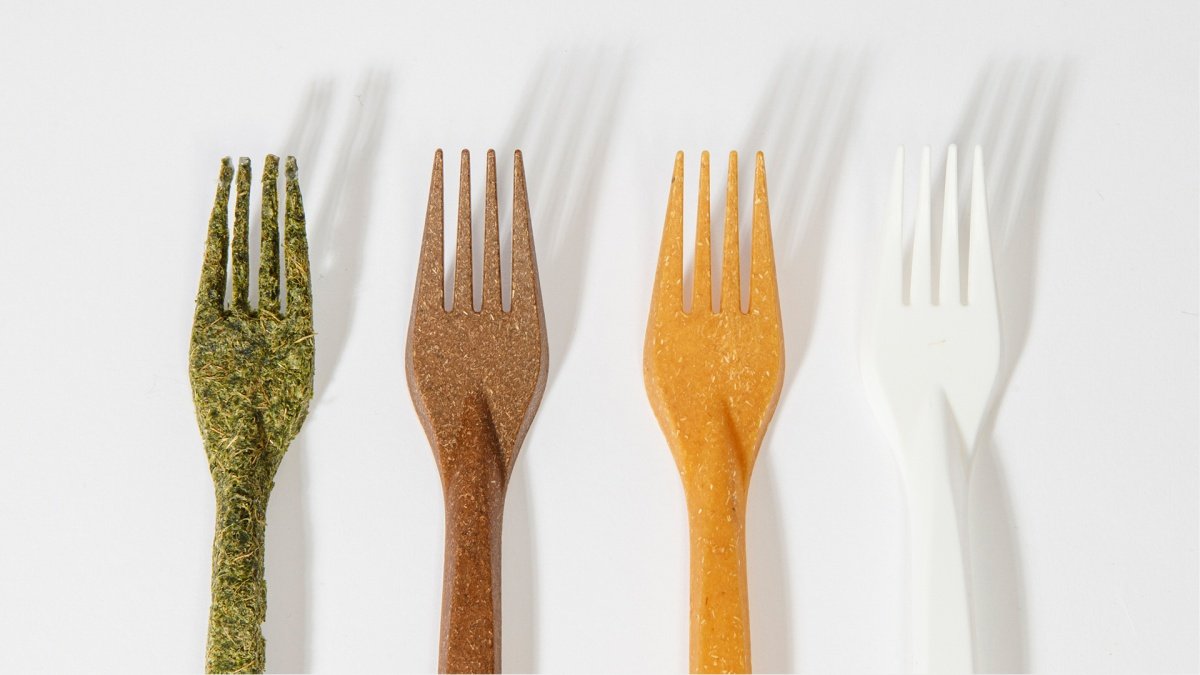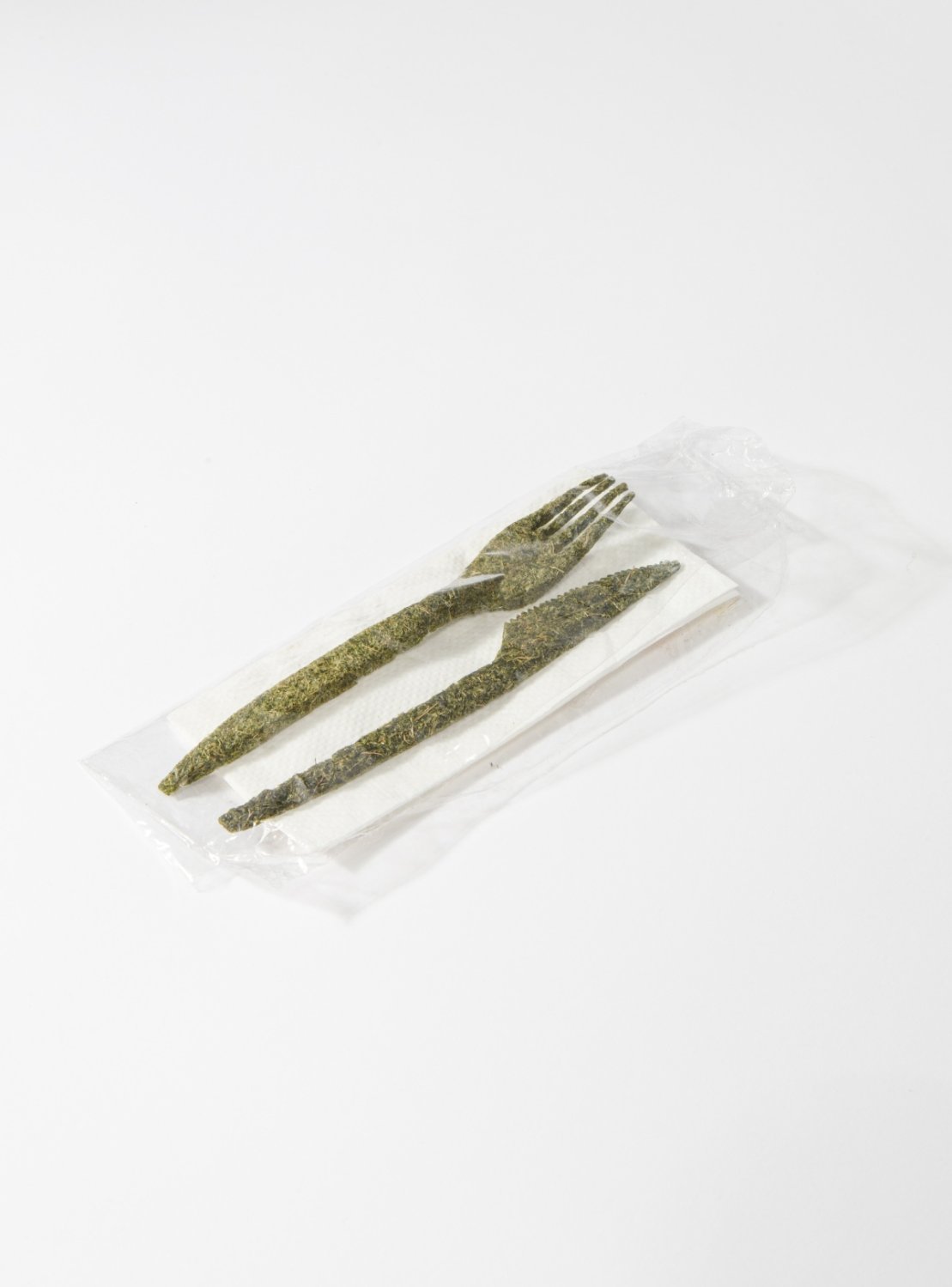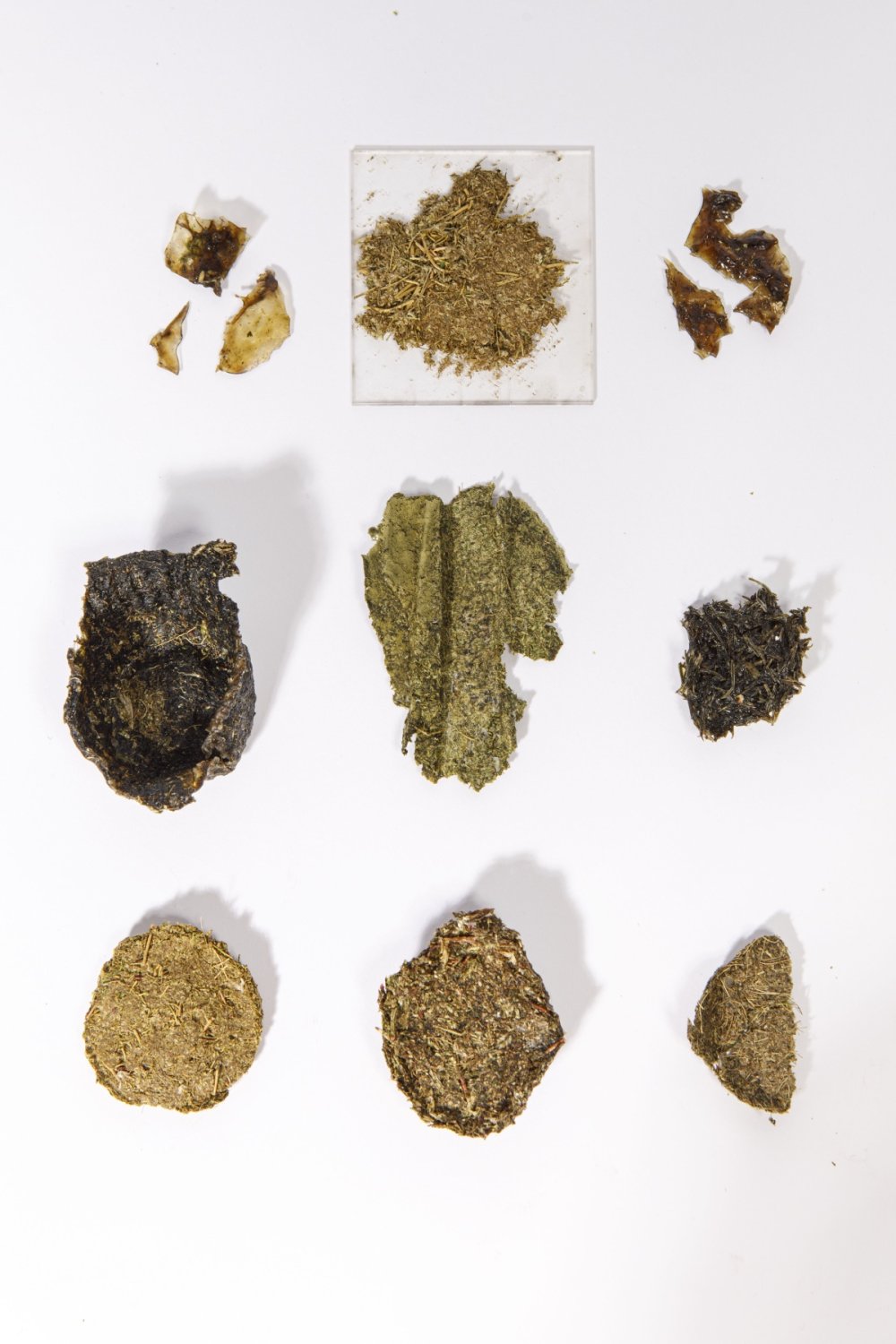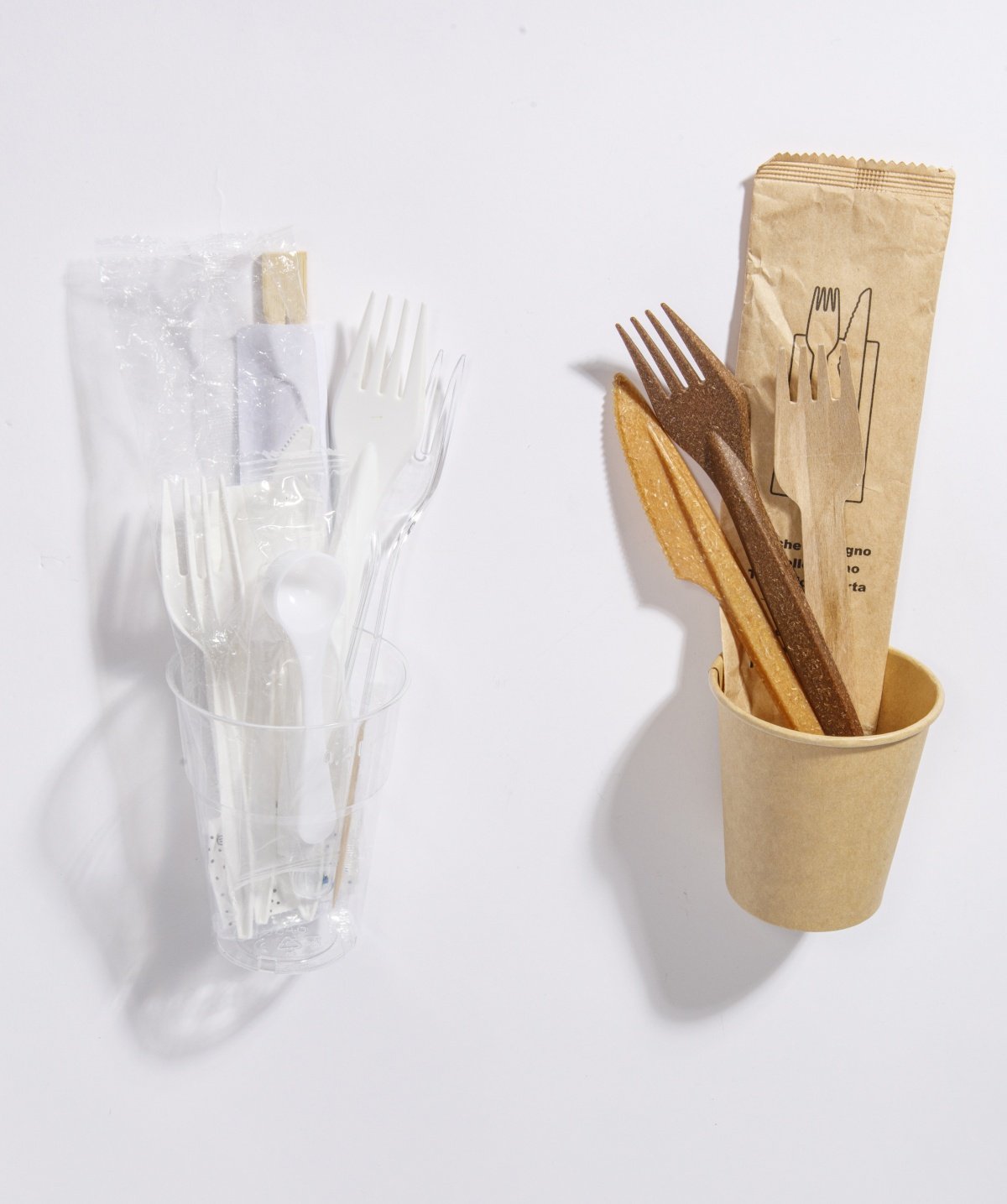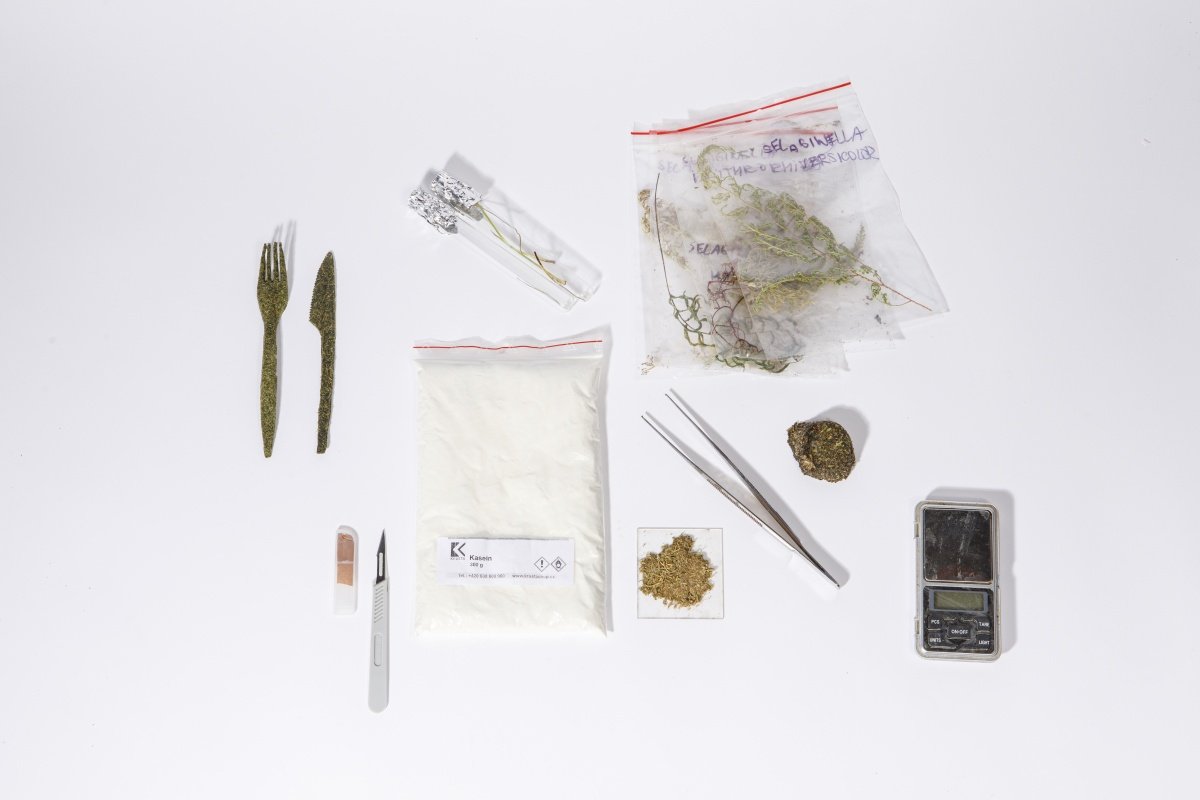3.– 8.12. 2024
Miami River Inn, 437 SW 2nd St, Miami, Florida, United States
Adam Kvaček's diploma project Paradox of Isoëtes, a recent graduate of the Product Design Studio, was selected for the Alcova Miami design show in the USA based on its successful presentation at Dutch Design Week in Eindhoven, the Netherlands.
Alcova Miami 2024 will showcase a carefully curated selection of innovative work by designers from around the world in the historic River Inn Hotel in Miami. The event features exhibitions by established and emerging designers, firms, institutions, and collectives.
Among them is Adam Kvaček's diploma project Paradox of Isoëtes, which explores the relationship between humans and nature using the example of endangered plants. "The Paradox of Isoëtes illustrates a speculative research project based on the endangered aquatic plant Isoëtes in various interactions resulting from the relationship between humans and nature. The speculative nature of my project is based on the idea that the easiest way to save rare species is to make them useful to humans. I focus on the process of commodification of plants by creating materials from a given species and transforming them into consumer goods, depicted in the form of disposable cutlery as a symbol of consumer society", says the UMPRUM graduate about his project.
Adam Kvaček's project is presented in a video essay, in which the story of the Isoëtes species is depicted. This is accompanied by artifacts in glass boxes, such as the aforementioned disposable cutlery, samples of materials, and drawings of the greenhouse where the plants are grown, which materialize a paradoxical speculative scenario.
The designer aims to explore humans' alienation from nature through their interaction with the environment in which they live. This speculative project offers a scenario for the near future in the context of the current alarming decline of natural species due to human behavior.
The project examines human interactions with plants as non-human beings across three thematic levels. First, it addresses the protection of endangered plant species through the creation of protected areas, often marked by fencing, and the preservation of pristine nature within controlled boundaries—intended to serve as tangible evidence of the so-called natural environment. Second, it explores the commodification of plant species for human use, exemplified by forest monocultures that involve large-scale cultivation in controlled areas for practical purposes. Finally, the project investigates the creation of artificial environments, such as greenhouse complexes, where humans have constructed an entire microcosm. In these spaces, all aspects of plant life—such as light, moisture, and temperature—are meticulously regulated, independent of natural conditions.
Through these examples, the project envisions how humanity's ongoing reshaping of natural processes might evolve if current trends persist.
The Paradox of Isoëtes project was created in collaboration with botanists and ecologists from the National Museum. It was shortlisted in the selection process for diploma projects and was part of the Alterace conference, which focused on positive changes for non-human beings coexisting with humans. In October 2024, it was presented at Dutch Design Week in the Microlab Hall.
Adam Kvaček is an object creator, spatial designer, and researcher. He focuses on contextual research, exploring and communicating the environmental, social, and geopolitical aspects of design through his work on installations and workshops.
